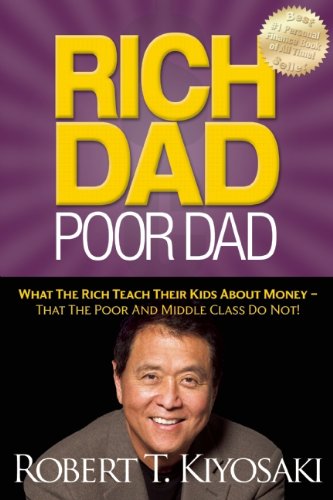
 Rich Dad Poor Dad
Rich Dad Poor Dad – Robert T Kiyosaki – 2011 Edition.
– Robert T Kiyosaki – 2011 Edition.
4 Out of 5 Stars
Rich Dad, Poor Dad is a hard-hitting personal finance roller coaster. Critically aclaimed the ‘#1 personal finance book of all time’ Kiyosaki focuses on how to make money work for you in order to get out of the ‘rat race’.
Brief Overview
The book follows the financial lessons learnt by Kiyosaki when being brought up by two powerful role models. He presents the idea that we are programmed by the school system to gain a good education, get a high income job and build some savings; also known as the ‘rat race’. The problem with the rat race is that we are taxed by the government on our earnings and then taxed on our savings; we then spend a large portion of our lives paying off a mortgage and the enormous interest that often comes with it. There is however, another option…
Assets and Liabilities
Kiyosaki claims that in order for you to live like the rich, you need to think and act like the rich. The first principle in Rich Dad, Poor Dad is that you need to buy assets whilst others are buying liabilities. An asset is something that increases in value and/or provides a steady cashflow with or without you needing to work on it. The misconception he says, is that liabilities are often disguised as assets; your car, your house etc. The first step to becoming rich is to be able to identify a true asset.
The Power of Real Estate
Kiyosaki doesn’t believe in locking your money away for years for a small capital gain – larger investments should generate cashflow and investments focused on capital gains should be short term deals. He is a great believer in the power of real estate and has made a great deal of money from buying and selling property – in some of Kiyosaki’s examples he has bought a property and sold it the next day for near double the price. A great quote from the book is “the profit occurs when you buy not when you sell”.
Tax
The book frequently highlights how crucial it is to understand the tax system as even if you are successful with your investments and asset allocation you can still lose a great deal of this to tax if you are not careful. The author is a great believer in developing your financial intelligence, he says that high income workers are often just one skill away from financial independence. Two ways that the rich avoid tax are:
- Purchasing luxury items from their corporations and claiming them as business expenses.
- Selling properties through a 1031 real estate exchange and therefore not having to pay tax on the capital gains.
My Favourite Extract
“Most people have a little chicken inside that tells them they don’t want to lose money; they don’t invest and therefore, they don’t win. Colonel Sanders started his empire at the age of 66. So when you’re in doubt and feeling a little afraid, just do what Colonel Sanders did to his little chicken. He fried it.”
Lessons Learnt from Rich Dad Poor Dad
Kiyosaki illustrates that the difference between the rich and the poor is that the rich do not simply ‘dip’ into their savings/assets when they need the money; the rich know that their assets generate their cashflow and would rather owe the government money than liquidate their assets. Moving forward I’d like to measure the income I receive from my assets month on month (however small) and look to find ways to increase this from cash ISAs, investments and greater financial opportunities.
Overall, Rich Dad, Poor Dad was a valuable read; I’d say you don’t learn too much about specifics but the lessons on financial psychology seem to be a strong foundation for managing your wealth. The book offers inspiration for investing your time into developing your financial intelligence so that you are able to find opportunities greater and faster than the average return. Kiyosaki does clearly state that you should only risk money that you can afford to lose.

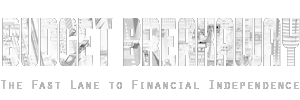





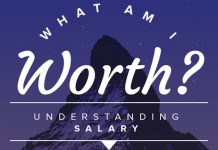
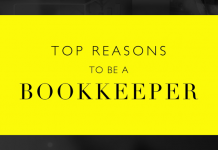




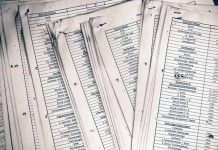

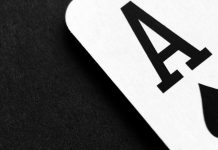













[…] This was a great book and a fantastic start to my financial education. Rich Dad, Poor Dad teaches a great deal about the psychology of the rich. A wise lesson from this book is to protect your assets even if it means finding alternative methods of gaining cash as your assets are there to generate income and create your money machine – you don’t want to break your money machine! Read my review here. […]